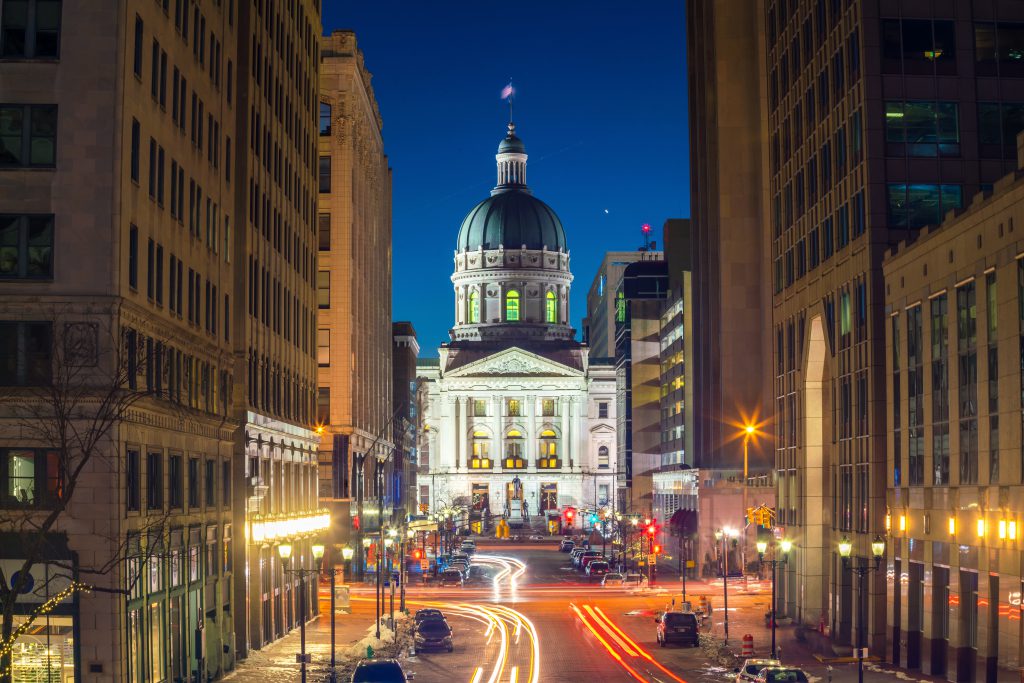
Indiana officials are seeking help from health care professionals, including recent retirees, medical students and those licensed in other states but residing in Indiana, to assist in an anticipated spike in COVID-19 cases.
“We see a surge coming and we’re calling in the reinforcements, bolstering Indiana’s capacity to provide additional health care services during this emergency,” Gov. Eric Holcomb said following a March 30 signing of an executive order, which allows flexibility in the state’s licensing requirements. “By eliminating licensing barriers and tapping into the available talent pool of healthcare workers, Hoosiers are staffing up and stepping up to meet this challenge head-on.”
On March 11, there were 10 reported coronavirus cases in Indiana. As of March 30, there were 2,159 positive coronavirus cases in Indiana and 49 virus-related deaths, according to the state’s website dedicated to the crisis.
More than 13,000 Hoosiers have been tested, the state said. State officials project Indiana’s patient surge will begin soon and could peak sometime between mid-April and mid-May.
The executive order allows the following professionals who do not currently hold an active Indiana license to practice:
- Medical professionals who retired or became inactive in the last five years
- Medical professionals who hold licenses in other states
- Medical professionals who held licenses in other states and retired or became inactive in the last five years
- Certain medical students and graduates
These professionals who want to assist, must register with the Indiana Professional Licensing Agency via the agency’s website. These professionals will be able to assist in screenings, telemedicine and other basic procedures to allow other medical professionals to be on the frontline.
In Indiana, the baseline number of critical care hospital beds is 1,432.
As of March 30, hospitals have already taken steps to increase the number of critical care hospital beds to 1,940, the state said. Overall, the state’s plan is to double the number, if needed, by taking existing noncritical care hospital beds, recovery rooms, operating rooms and outpatient facilities, turning them into critical care hospital beds.
In Indiana, the baseline number of ventilators is 1,177. As of March 30, hospitals identified another 750 ventilators that can be used for critical care patients, the state said. Overall, the state’s plan is to double the number, if needed, by repurposing ventilators from operating rooms, ambulatory care centers, EMS and the Indiana National Guard.
Additionally, the surge plan calls for moving less critical patients to alternate facilities including neighborhood hospitals, medical clinics and state-owned hospitals, such as unopened floors at the NeuroDiagnostic Institute hospital in Indianapolis and the Richmond State Hospital, the state said.
If needed, after all of these steps are exhausted, Indiana likely will put patients in alternative facilities. The Indiana National Guard and Department of Homeland Security and FEMA are coordinating these efforts.
The state has been working on plans related to COVID-19 since January, and each hospital has a disaster plan in place. Planning has become more specific for state health and hospital officials as models of the projected impact of coronavirus became available.




